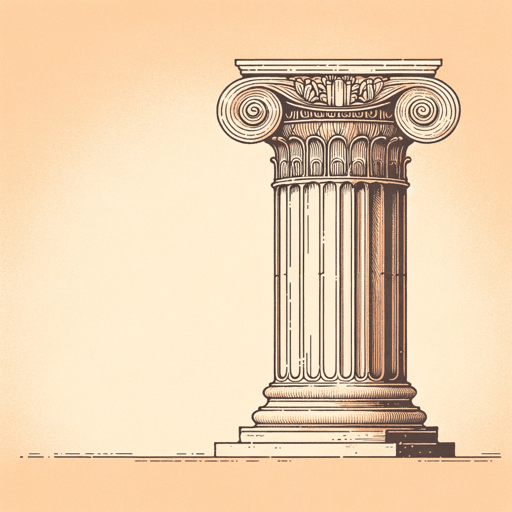32 pages • 1 hour read
PlatoProtagoras
Nonfiction | Essay / Speech | Adult | Published in 390A modern alternative to SparkNotes and CliffsNotes, SuperSummary offers high-quality Study Guides with detailed chapter summaries and analysis of major themes, characters, and more.
Summary and Study Guide
Overview
The Protagoras is a short philosophical dialogue written by Plato during the 4th century BCE. Its central characters are Socrates and Protagoras, who engage in heated exchanges on the nature of virtue. The dialogue is one of many in which Plato explores related themes in metaphysics and ethics.
Protagoras is about sophistry, an intellectual school in ancient Greece in which so-called wise teachers traveled the Greek-speaking world in search of acolytes. Plato disdained sophistry; he considered it a fad and found it to be antithetical to the path of the true philosopher. In the dialogue, Plato presents Protagoras as the most well-known and admired of sophists but still portrays him unfavorably.
This guide references the Protagoras as translated by Joe Sachs for the 2011 volume Socrates and the Sophist. This volume includes a number of other Platonic dialogues with similar themes. It is published through Focus, an imprint of Hackett Publishing.
Summary
Early one morning, young Hippocrates—excited because Protagoras, a famous sophist, is in town—awakens his older friend Socrates. Socrates warns him to be cautious because he believes sophists’ ideas are corrupting, but they visit Protagoras, as Hippocrates desires. They arrive at Callias’s house, where Protagoras is staying, and survey all the people in attendance. Everyone gathers around Socrates and Protagoras for a seminar in which the two will discuss and debate important philosophical themes.
Socrates is concerned for Hippocrates and asks Protagoras how his friend will benefit by becoming a sophist. He asks whether virtue can be taught. Protagoras, who assures him it can, begins with a speech on the origins of humanity and then provides an argument for the teachability of virtue. Socrates claims he cannot follow the long speeches and will need to leave unless Protagoras can make his responses clearer. Many people convince him to stay, and they institute rules for a discussion with a question-and-answer format.
Socrates and Protagoras debate famous lines of poetry by Pittacus and Simonides. This leads to a discussion of the supposed difference between goodness and pleasure, as well as new questions on courage, wisdom, the art of measurement, and the unity of the virtues. Socrates believes in the saving power of the art of measurement. The dialogue ends with Socrates and Protagoras having switched the positions they took at the beginning of the debate. Socrates concludes that virtue can be taught, but not for the reasons Protagoras proposed. Socrates asks to continue the debate, but Protagoras declines, and they do not reach a clear outcome.
Related Titles
By Plato
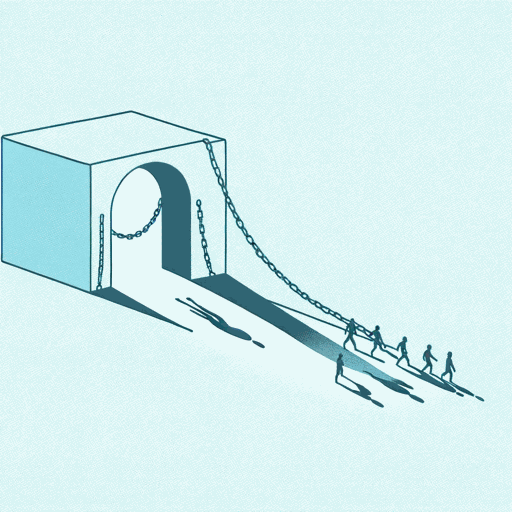
Allegory Of The Cave
Plato

Apology
Plato

Crito
Plato
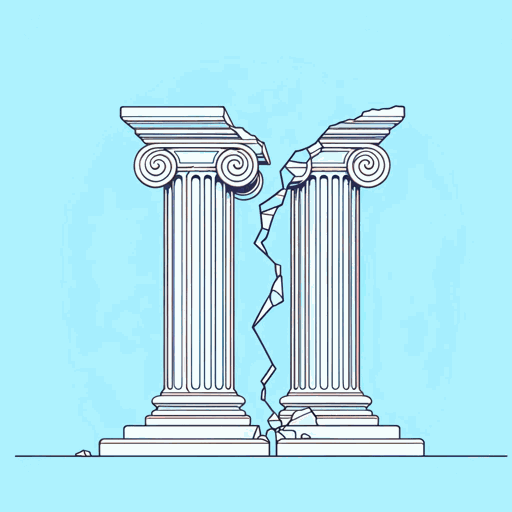
Euthyphro
Plato
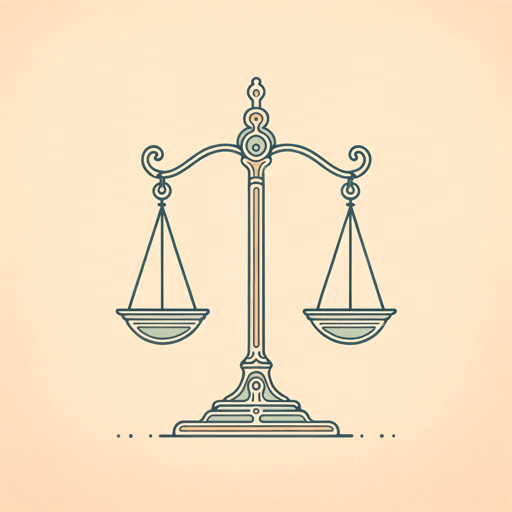
Gorgias
Plato

Ion
Plato

Meno
Plato

Phaedo
Plato
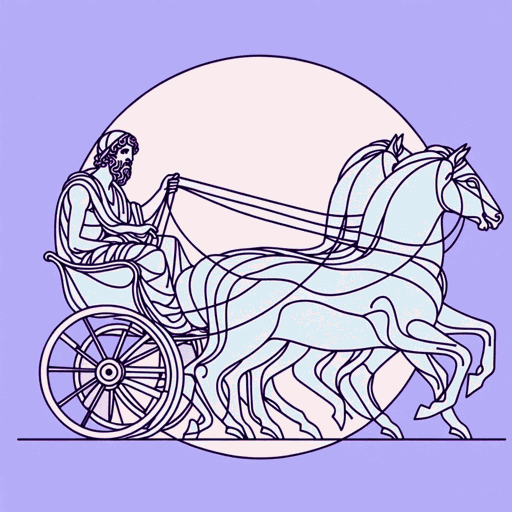
Phaedrus
Plato

Symposium
Plato

Theaetetus
Plato

The Last Days of Socrates
Plato

The Republic
Plato
